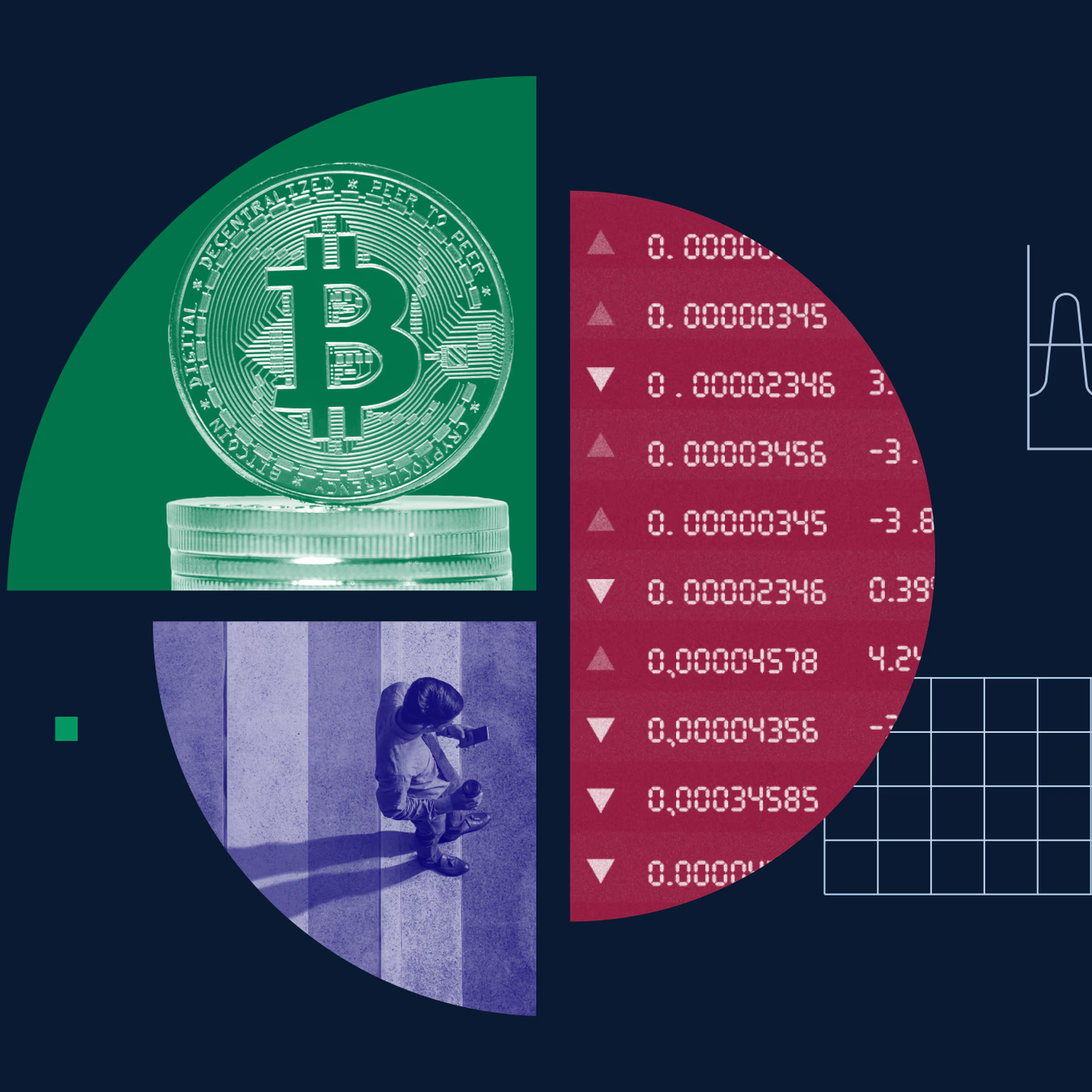New infostealer malware now able to take full control of Facebook business accounts
In its latest blog, Palo Alto Networks’
Unit 42 discovered a previously unreported phishing campaign distributing an
infostealer. It can take over Facebook business accounts through malicious
links masquerading as office tools like spreadsheet templates. Unlike the
version Meta reported in May 2023, this new variant (NodeStealer 2.0, written in Python)
can steal cryptocurrency and use Telegram to exfiltrate data as well. This
indicates a growing trend of threat actors targeting Facebook business accounts
– for advertising fraud and financial gains.
The main infection vector was a
phishing campaign in December 2022 and was used for delivering malware –
Variant #1 and Variant #2. The threat actor used multiple Facebook
pages and users to post information luring victims to download a link from
known cloud file storage providers. After clicking, a .zip file was
downloaded, containing the malicious infostealer .exe files. See below the
Facebook phishing post luring victims to download the infected .zip file.
Variant #1’s process tree is “noisy” –
it creates various processes that could be considered abnormal activity
indicators, including shutting pop-up windows on the graphical user interface
(GUI). But Variant #2 is more discrete making it tougher to identify malicious
activity.
Both variants
can steal Facebook business account credentials by connecting to
the Meta Graph API with the
victim’s user ID and access token. The Graph API is the primary way to get data in
and out of Facebook and can be used to programmatically query data, post,
manage ads, etc. It is used to steal information about the target’s follower
count, user verification status, whether the account is prepaid, etc. and send
it to the command and control server (C2). They also attempt to steal the login
credentials by checking the cookies and local databases of the most common
browsers.
Variant #2, goes one step further by replacing
the legitimate user’s email address with a mailbox under the cyberattacker’s
control, thereby locking them out of the account indefinitely.
“Online marketing and advertising is a
core part of most businesses today. Through Variant #2 of NodeStealer 2.0,
cyberattackers can change the linked email address and lock users out
indefinitely. This could lead to large-scale financial and reputational damage
due to the improper use of account credit or the publishing of inappropriate
content. Facebook is a platform saturated with users of a slightly older
demographic who may be less tech-savvy, making them easy targets”, said Anil
Valluri, MD and VP, India and SAARC, Palo Alto Networks.
“Protecting against NodeStealer and all
its variants requires organizations to review their protection policies and
take note of the indicators of compromise (IoCs) provided by Unit 42. Proactive
measures to educate employees on modern phishing tactics that leverage current
events, business needs and other appealing topics is essential.”

































Leave A Comment